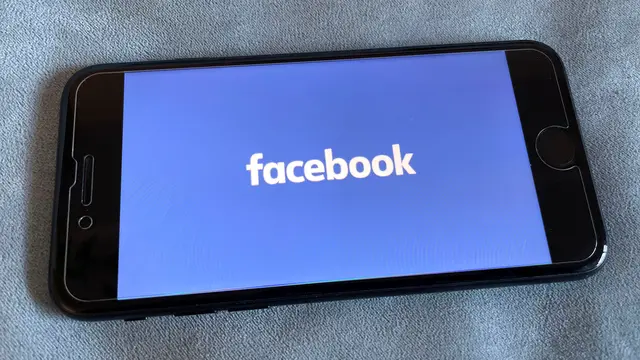
An Australian Broadcasting Corporation page on Facebook is displayed without posts in Sydney, February 18, 2021. /AP
Facebook blocked news content from being read and shared in its news feed in Australia on Thursday, drawing a line in the sand against a proposed Australian law that would require it and Alphabet Inc.'s Google to pay the country's news publishers for content.
The move, announced in a blog post on Wednesday, represents a divergence in responses among the big tech giants under attack by news publishers, which have blamed the companies for destroying their advertising business.
The Australian federal government has said it plans to
put the legislation
, which would effectively force Google and Facebook to strike deals with media companies or have fees set for them, to a vote in the coming weeks.
Facebook said the proposed legislation "fundamentally misunderstands" the relationship between itself and publishers, arguing that news outlets voluntarily post their article links on Facebook, which helped Australian publishers earn about 407 million Australian dollars in 2020 through referrals.
Emily Bell, director of the Tow Center for Digital Journalism at Columbia Journalism School, tweeted on Wednesday that the relationship was not as voluntary as it seems, and most publishers feel obligated to be on Facebook due to its dominance.
Google has also threatened to shut down its search engine in the country to avoid "unworkable" content laws even as it has secured deals with publishers in the U.K., Germany, France, Brazil and Argentina for its Google News Showcase product.
On Wednesday, Google sealed preemptive deals with several outlets in recent days. Rupert Murdoch's News Corp. was the latest to announce a deal in which it will receive "significant payments" from Google in return for providing content for the search engine's News Showcase account.
Emergency services in Australia take the first hit
Australia's government fired back at Facebook on Thursday for its local ban on news-sharing.
"Facebook was wrong. Facebook's actions were unnecessary, they were heavy-handed, and they will damage its reputation here in Australia," Treasurer Josh Frydenberg said.
Frydenberg noted the company took down the news feed function in Australia without notifying the government, which led to a sudden shutdown of several emergency service Facebook pages in the nation. Some of such agencies warn the public about COVID-19 outbreaks, bushfires and cyclones. Fire, health and meteorological services around the country also saw problems with their Facebook pages, amid several serious public emergencies.
"So Facebook can instantly block @abcperth, @6PR, @BOM_au, @BOM_WA, AND @dfes_wa in the middle of the #bushfire season, but they can't take down murderous gun crime videos? Incredible. Unbelievable. Unacceptable. The arrogance," Madeleine King, a federal opposition lawmaker, wrote in a tweet referring to impacted emergency services. Facebook and search giant Google had both warned they could cancel services in Australia because of looming laws that will force them to pay local publishers for content.
At least three state health departments, which issue regular updates on the coronavirus pandemic to hundreds of thousands of Australians, were also affected.
Facebook, which has long been criticized for allowing misinformation to flourish on its platforms, now finds itself in a peculiar position of also blocking the news media that has provided a fact check on false content.
Starting on Wednesday, Australian users will not be able read or share news content on Facebook news feeds, and Australian news publishers will be restricted from posting or sharing content on Facebook pages.
Australian communication minister said it expected Facebook to restore government pages "as soon as possible."
Frydenberg said Thursday he had agreed with Facebook CEO Mark Zuckerberg "to try to find a pathway forward." The country of 25 million has between 16 and 18 million daily users, according to local media.
(With input from agencies)
 简体中文
简体中文












